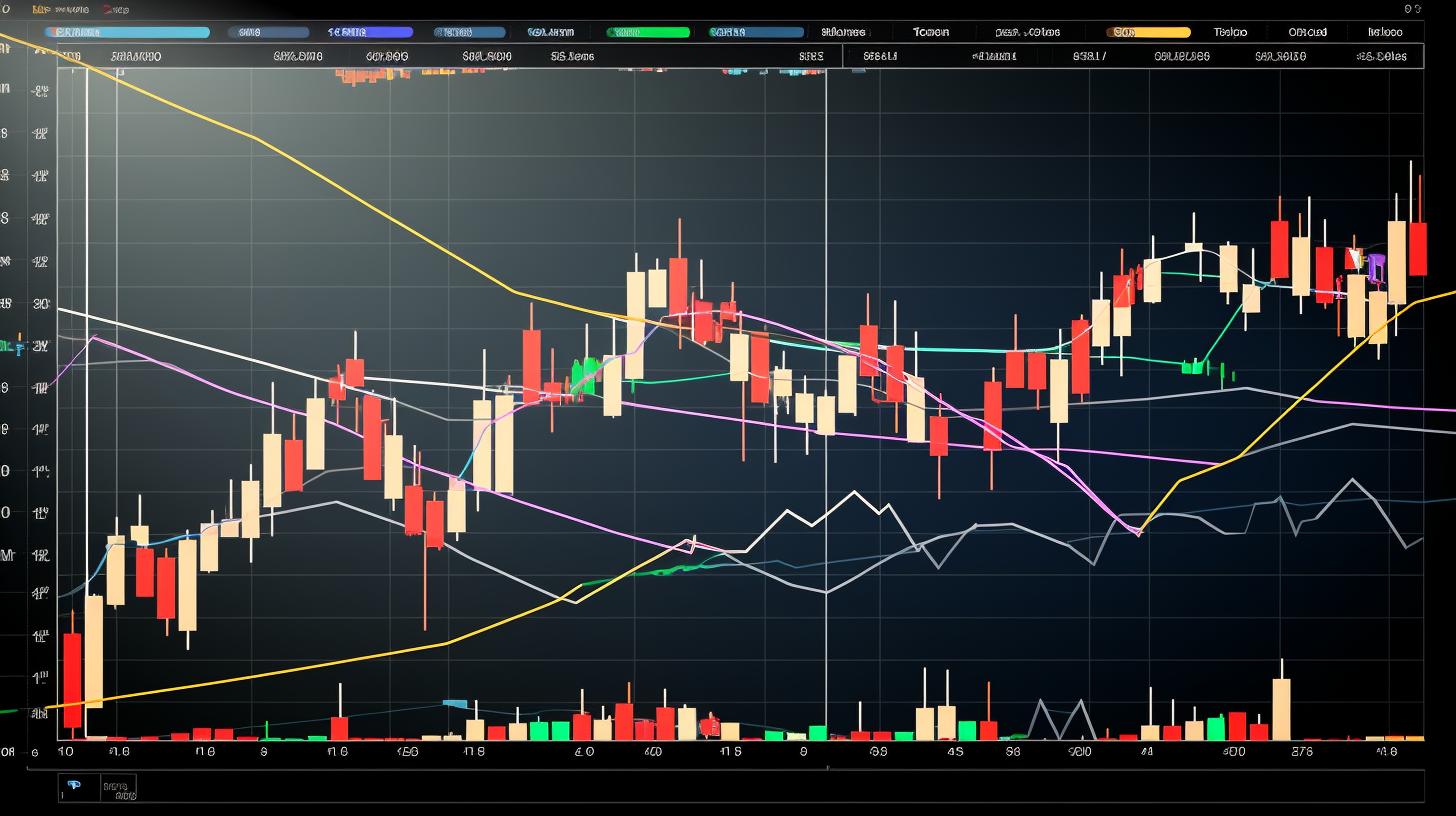Understanding Key Tax Regulations: An Essential Guide for Small Businesses
As a small business owner, understanding key tax regulations is essential to ensure compliance and minimize potential penalties. The first step is to determine your business structure, as this will dictate how your business taxes are filed. Sole proprietors, partnerships, corporations, and limited liability companies (LLCs) all have different tax requirements. Familiarize yourself with the tax regulations specific to your business structure to avoid any surprises come tax season.
Another crucial aspect is understanding the tax obligations for employees. If you have employees, you need to withhold and remit payroll taxes, Social Security, and Medicare taxes. Failure to do so can result in penalties and legal issues. Make sure you are aware of the necessary forms and deadlines to stay compliant.
Minimizing Tax Liabilities: Effective Strategies for Small Business Owners
Minimizing tax liabilities is a key goal for small business owners. One of the most effective strategies is to take advantage of available deductions and credits. Keep meticulous records of your business expenses, such as office supplies, travel expenses, and advertising costs. These deductions can significantly reduce your taxable income. Additionally, consider contributing to retirement plans, as these contributions are tax-deductible.
Another strategy is to carefully choose your accounting method. Small businesses can either use the cash method or the accrual method. The cash method recognizes income and expenses when received and paid, respectively, while the accrual method recognizes them when earned and incurred. Depending on your business’s cash flow, one method may provide more tax benefits than the other.
Maximizing Deductions: Expert Tips to Lowering Your Small Business Taxes
Maximizing deductions is crucial for small business owners looking to lower their tax burden. One often overlooked deduction is the home office deduction. If you have a dedicated space in your home used exclusively for your business, you may be eligible to claim this deduction. Keep detailed records of your home office expenses, such as rent, utilities, and insurance, to support your claim.
Another effective strategy is to consider the Section 179 deduction. This deduction allows small businesses to deduct the full cost of qualifying assets, such as equipment and machinery, in the year of purchase. By taking advantage of this deduction, you can reduce your taxable income and potentially lower your tax liability.
Navigating State and Federal Tax Requirements: Top Considerations for Small Businesses
Navigating state and federal tax requirements can be complex for small businesses. It is crucial to understand the tax obligations specific to your state, as they can vary widely. Familiarize yourself with state sales tax requirements, income tax rates, and any additional taxes or fees applicable to your business. Failure to comply with state tax regulations can result in penalties and added expenses.
On the federal level, small businesses must be aware of their federal tax obligations, such as filing an annual tax return and paying estimated taxes throughout the year. It is also essential to stay informed about any changes to federal tax laws and regulations that may affect your business. Consulting with a tax professional or utilizing tax software can help navigate these requirements and ensure compliance.
Staying Compliant: Best Practices for Small Business Owners During Tax Season
Staying compliant during tax season is crucial for small business owners. Start by keeping accurate and organized records throughout the year. This will make the tax preparation process much easier and reduce the risk of errors or omissions on your tax return. Consider using accounting software or hiring a professional bookkeeper to help manage your finances and track your expenses.
Another best practice is to file your taxes on time. Missing tax deadlines can result in penalties and interest charges. Be aware of the filing deadlines for your business structure and any applicable extensions. Additionally, consider filing electronically, as this can speed up the processing of your return and reduce the chances of errors.
In conclusion, navigating business taxes can be challenging for small business owners. However, understanding key tax regulations, minimizing tax liabilities, maximizing deductions, navigating state and federal tax requirements, and staying compliant can help ease the burden. By implementing effective strategies and following best practices, small business owners can navigate tax season with confidence and minimize their tax burden.













